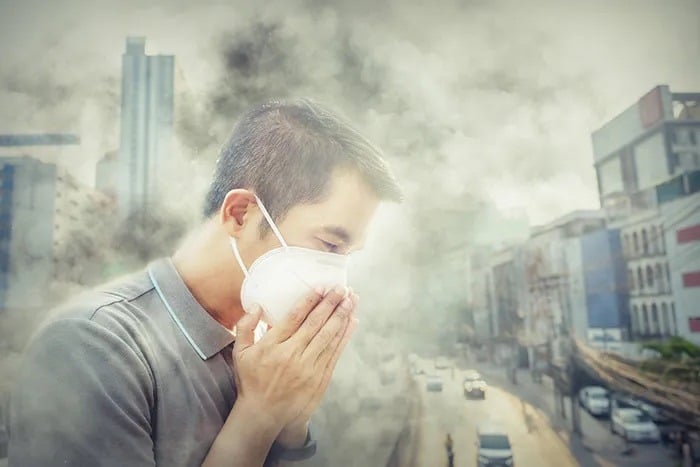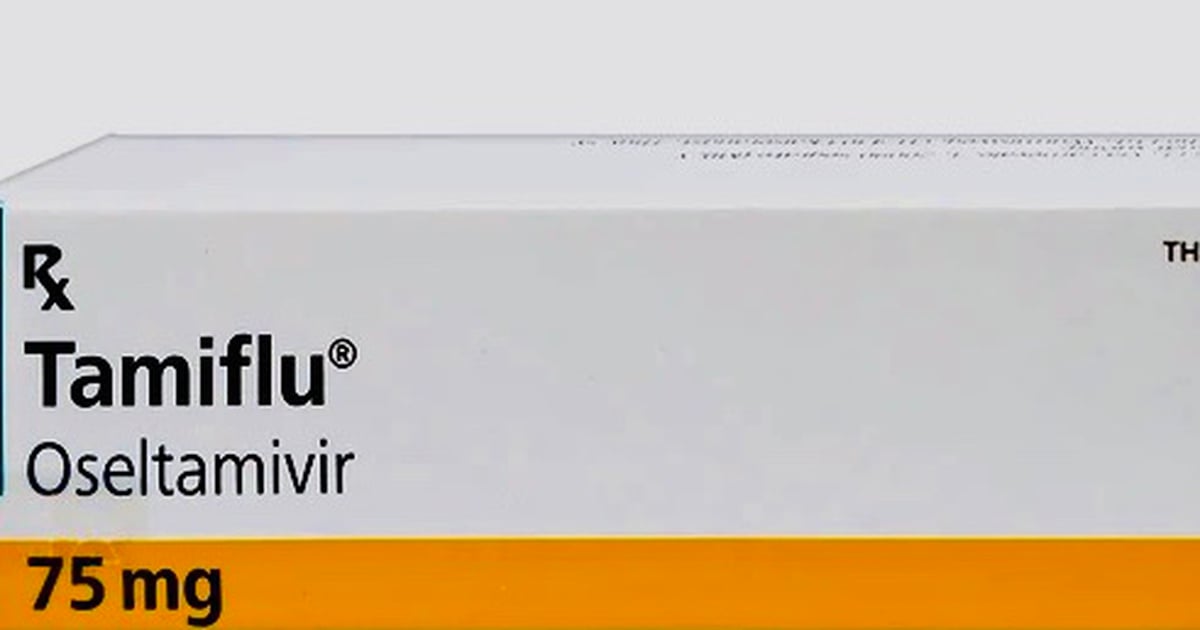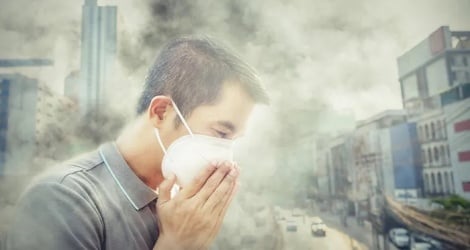On the morning of February 10, the air quality index (AQI) in Hanoi ranged from 85-152, at the moderate to poor level, causing people's health, especially those with underlying medical conditions, to begin to be affected.
People with underlying diseases need to pay attention to their health when air pollution is at high levels.
On the morning of February 10, the air quality index (AQI) in Hanoi ranged from 85-152, at the moderate to poor level, causing people's health, especially those with underlying medical conditions, to begin to be affected.
Information published on the website of the Hanoi Department of Natural Resources and Environment shows that some areas have high AQI indexes, such as the University of Science and Technology area (152), Minh Khai ward (148) and Van Ha commune (133).
 |
| Air pollution not only reduces the quality of life but also causes serious health problems. |
Environmental experts have warned that air pollution ranging from poor to very bad can have negative impacts on human health, especially for sensitive groups such as those with cardiovascular disease, sinusitis, asthma or respiratory diseases. Normal people who are exposed to polluted air for a long time may experience symptoms such as eye pain, coughing, or sore throat.
Air pollution not only reduces the quality of life but also causes serious health problems. According to the World Health Organization (WHO), air pollution is responsible for about 7 million deaths each year globally, mainly due to respiratory diseases, cardiovascular diseases and lung cancer. In Vietnam, the number of deaths due to these causes is also worrying.
Research has also shown that long-term exposure to fine dust and other air pollutants can increase the risk of lung cancer and cardiovascular disease. In addition, air pollution also negatively affects the nervous system, increasing the risk of diseases such as Alzheimer's, Parkinson's and depression.
In particular, children living in polluted environments may experience reduced cognitive abilities and intellectual development. Pregnant mothers also need to be careful because air pollution can affect the development of the fetus, causing health problems such as premature birth or low birth weight.
Faced with the serious air pollution situation in Hanoi, Mr. Hoang Minh Duc, Director of the Department of Preventive Medicine (Ministry of Health), has made recommendations on measures to protect public health. People need to regularly monitor the AQI index through the information pages of the Ministry of Natural Resources and Environment and local departments and agencies to have timely response measures.
When the AQI is 51-100 (moderate), normal people can still participate in outdoor activities, but sensitive people should reduce outdoor activities and avoid exertion.
When the AQI reaches 101-150 (poor), normal people should limit outdoor activities and avoid areas with high pollution index. Sensitive people should reduce outdoor activities and switch to light indoor activities.
When the AQI reaches 151-200 (bad threshold), people should limit strenuous outdoor physical activities, prioritize using public transport and avoid prolonged exposure to polluted air.
In case the AQI index reaches very poor (201-300) or hazardous (301-500) levels, people should completely avoid outdoor activities, switch to indoor activities, and wear high-quality masks such as N95 when going out.
To reduce air pollution in daily life, people should limit the use of honeycomb coal stoves, firewood or straw burning. Instead, they should use electric stoves, gas stoves or induction cookers to help reduce toxic emissions. Planting trees around the house is also an effective solution to clean the air and prevent dust. Households also need to clean their houses regularly to reduce dust.
In addition, people who have a habit of smoking cigarettes or tobacco should quit to protect their health and the health of those around them. For non-smokers, they should also avoid exposure to cigarette smoke, especially in closed spaces.
Groups of people vulnerable to air pollution include children, pregnant women, the elderly, and people with respiratory or cardiovascular diseases.
Experts recommend that this group of people should avoid exposure to sources of pollution such as vehicles, construction sites or areas where charcoal is used for cooking. When experiencing symptoms such as cough, chest tightness, sore throat or difficulty breathing, people should immediately go to a medical facility for timely examination and treatment.
Air quality in Hanoi is directly affecting public health. People need to proactively monitor pollution and take measures to protect their health, especially those with underlying medical conditions.
Limiting long-term exposure to polluted air, wearing masks and reducing outdoor activities are effective ways to protect health in the current pollution situation.
Source: https://baodautu.vn/nguoi-benh-nen-can-chu-y-suc-khoe-khi-o-nhiem-khong-khi-o-muc-cao-d245114.html


























































Comment (0)